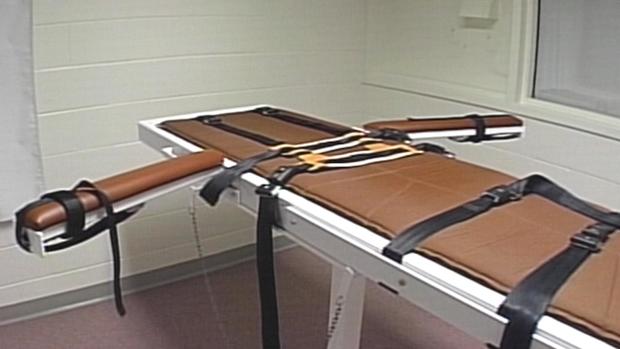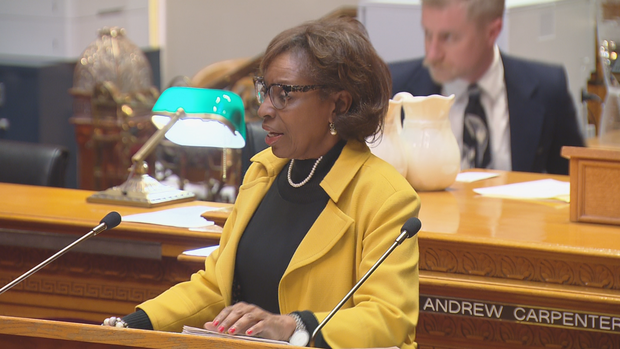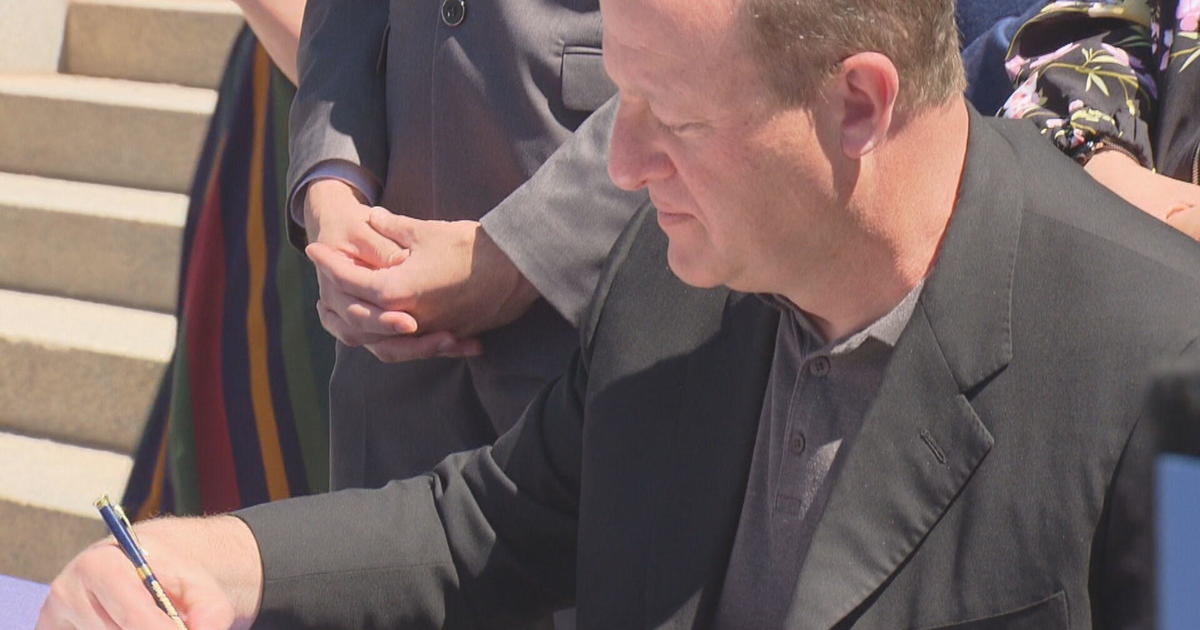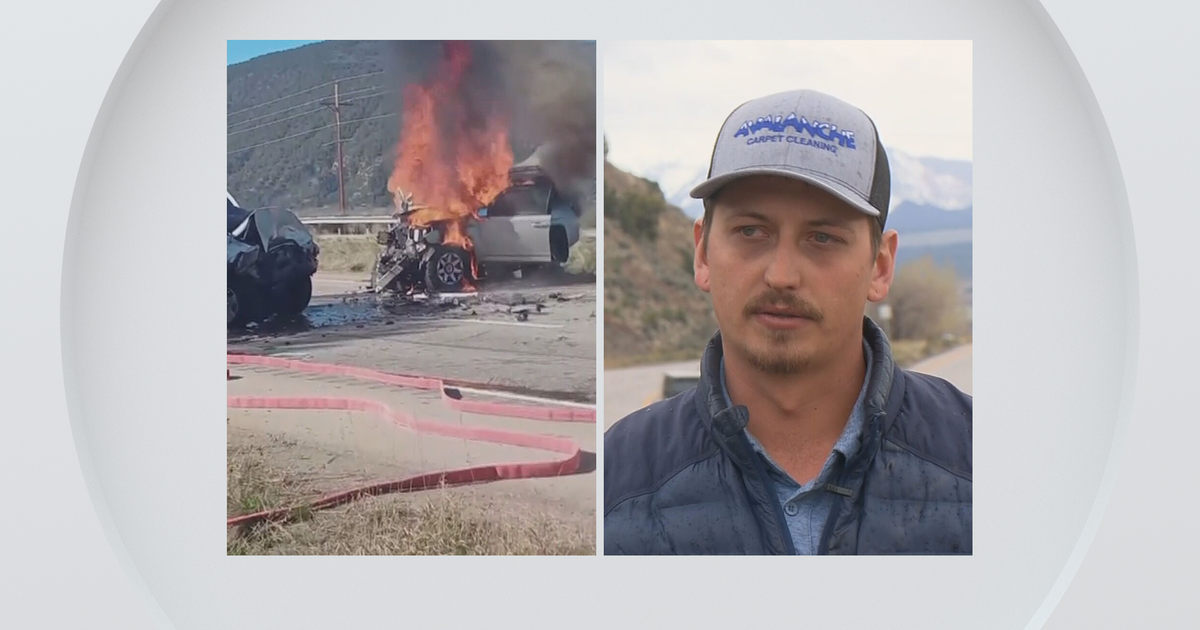Bill To Repeal Death Penalty In Colorado Moves Forward In Senate
DENVER (AP/CBS4) — A bill to abolish the death penalty in Colorado has passed the initial vote, a voice vote, and a recorded vote, in the Senate on Friday. It will now go to the House, where it would have to pass committee and then two votes on the floor.
Sen. Rhonda Fields stood at the Colorado Senate lectern Thursday, defiant and angry as she assailed a seventh attempt in recent years to repeal the death penalty — one that could finally pass this year in the state Legislature. It has been Fields, an Aurora Democrat, and many Republican lawmakers who have stymied past efforts, keeping Colorado's little-used capital punishment statute on the books.
For Fields, the stakes are personal.
Her son, Javad Marshall-Fields, and his fiancée, Vivian Wolfe, were murdered while driving on an Aurora street in 2005. Robert Ray and Sir Mario Owens were sentenced to die for the killings.
"The first word that comes into my mind is, 'Really?'" Fields began after co-sponsors Julie Gonzales, a Democrat, and Republican Jack Tate presented the newest bill on the Senate floor.
"Will you please help the people of Colorado understand your motive and rationale for abolishing the death penalty when the people of Colorado don't want to?" Fields said.
She and other opponents cited recent polling suggesting most Coloradans support the penalty — and she urged lawmakers to let voters decide the issue.
After hours of debate, the Senate added an amendment -- introduced by Fields -- declaring that any repeal wouldn't apply to the three men on Colorado's death row.
The third person on Colorado's death row is Nathan Dunlap, convicted of the brutal shooting deaths of four people inside an Aurora Chuck E. Cheese restaurant in 1993.
In 2013, then-Gov. John Hickenlooper, now a Democratic candidate for U.S. Senate, indefinitely delayed Dunlap's execution. Hickenlooper has since come out saying he opposes the death penalty.
On Thursday, the Democrat-controlled Senate engaged in a familiar, if ever-painful, debate over morality, faith, deterrence, discrimination against defendants of color and wrongful convictions.
Some cited the fact that Colorado's last execution came in 1997 — and before that, in 1967. Gary Lee Davis died by lethal injection for the 1986 kidnapping, rape and murder of a neighbor, Virginia May.
"This idea that murdering is wrong except when the state does it strikes me as untenable," said Gonzales, who sponsored similar legislation last year.
"I don't support the state having the power over life and death under any circumstance," Tate declared, calling his stand a philosophical one. "The value of capital punishment has seen to present itself as possibly one of the most tragic set of false expectations I've run across."
Sen. John Cooke, the assistant minority leader and a former Weld County sheriff, and other GOP senators argued that the death penalty has induced countless defendants to seek plea deals to solve or close cases.
The bill would apply to offenses charged on and after July 1, and Gonzales made a point of saying that would leave Ray, Owens and Dunlap on death row.
Fields countered that Democratic Gov. Jared Polis supports the bill and has suggested he would commute death sentences for the three.
New Hampshire repealed capital punishment last year, becoming the 21st U.S. state to do so.
(© Copyright 2020 CBS Broadcasting Inc. All Rights Reserved. The Associated Press contributed to this report.)





